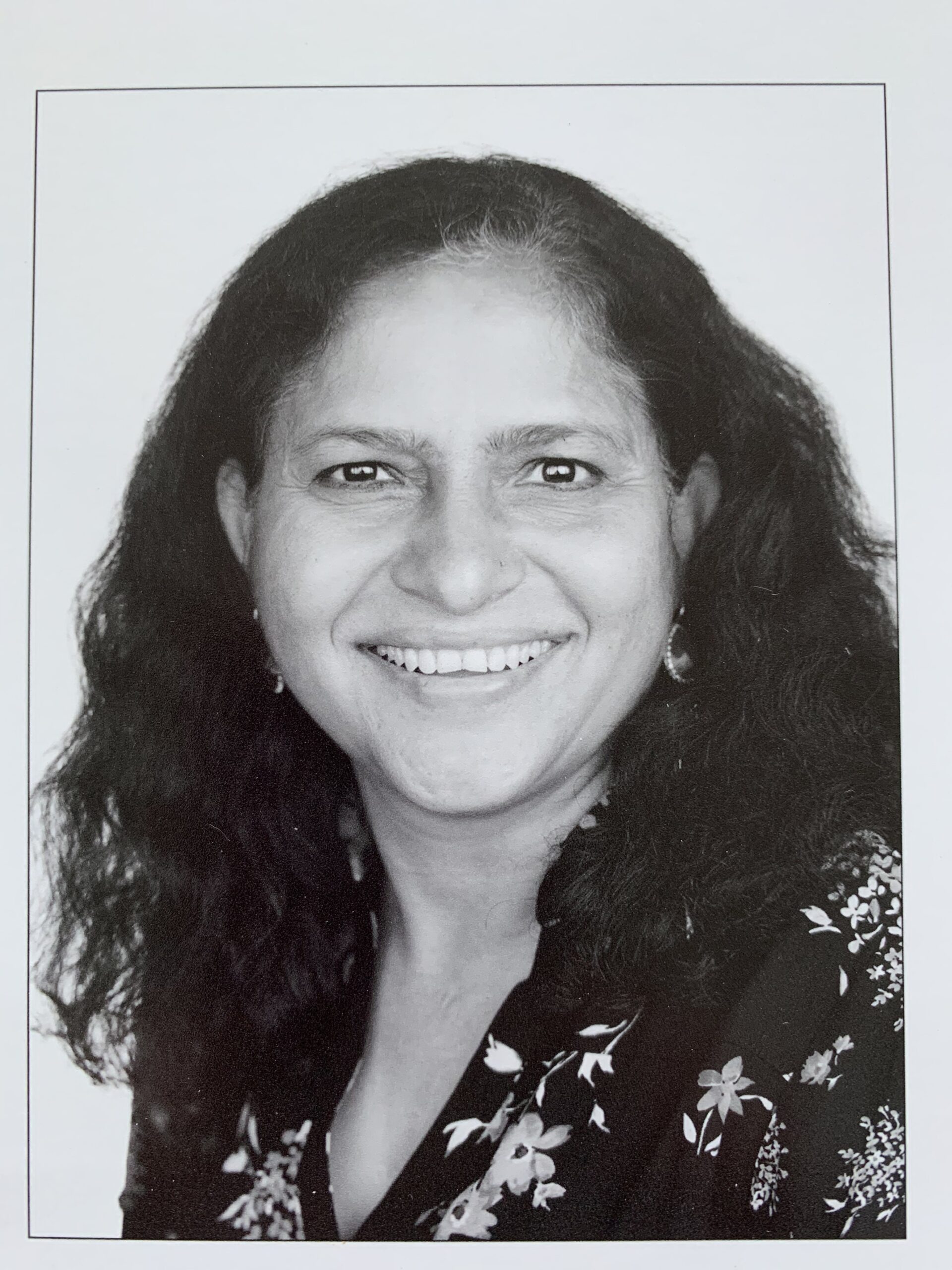General practitioners will have to accept new working conditions next year following nine months of fruitless negotiations between the doctor’s union, PLO, and the association of local health authorities, Danske Regioner.
This morning, the Regions' Board for Wages and Tariffs (RLTN) suspended the current collective bargaining agreement covering Denmark’s 3,500 GPs that is due to expire in September.
Soon thereafter, the health minister, Astrid Krag (Socialistisk Folkeparti), announced a law that would force GPs to accept new working conditions if they wish to remain suppliers for the regions.
“I had hoped that the parties could agree on a new deal that would ensure a more integrated health service, but it has unfortunately not been possible,” Krag stated in a press release. “That is why the government is presenting a law that will renew general practise clinics to the benefit of Danes.”
According to Danske Regioner, PLO has repeatedly refused to agree to some fundamental changes to GPs' working conditions that the regions insist they accept if they want to keep their contracts. GPs operate private businesses and are paid by the regions according to how many patients they treat.
Danske Regioner, supported by the national government, wants to create a standardised common practise for GPs based upon recommendations from the national auditor, Rigsrevisionen, which argues that savings can be realised, and the quality of treatment improved, if some changes are made.
“While the regions want to keep GPs as private businesses, they also want to ensure that residents get the product that the regions are paying for,” Danske Regioner stated in a document outlining their position. “Only a new deal can ensure that GPs are duty-bound to give their patients the treatment that is best for them.”
Danske Regioner argue that GPs currently have too much flexibility about the services they provide, their availability to patients, and where they place their clinics. As a result, patients cannot expect the same services across the country. The regions want to create a more integrated health service where GPs work in closer collaboration with other health workers, such as hospitals and specialists, and provide patients with more standardised care.
One of the major problems with the former agreement is that GPs were allowed to veto the placement of clinics and, as a result, clinics in rural areas of the country have become increasingly sparse. The new law will abolish this right.
GPs will also be encouraged to form larger, more modern clinics together with other doctors, which will help them keep administration and staffing costs down. GPs across the country will be expected to adopt common working hours with greater availability over the phone and internet. Increased co-operation between GPs and other health professionals will also require better information gathering and sharing. This information can also be used to provide information to patients about the quality of care provided by GPs.
According to Danske Regioner, the PLO's unwillingness to negotiate is not based upon concerns on how the changes would affect patient care.
“PLO’s special economic interests should not form a barrier to ensuring that residents across the country have access to a GP,” Danske Regioner stated. “We want GPs to follow common guidelines and treatment protocols. Effective preventative treatment requires seeing a doctor early on. Opening hours and telephone times should not depend on the individual GP.”
PLO’s chief negotiator Henrik Dibbern threatened earlier today to close the country’s 2,100 clinics if the law forced these new working conditions on GPs.
But Krag today proposed extending the current agreement by one year, having the law take effect from September 2014 and giving doctors extra time to adopt the new working conditions.
She added that no GP would be forced to move to a new clinic if they did not want to.














